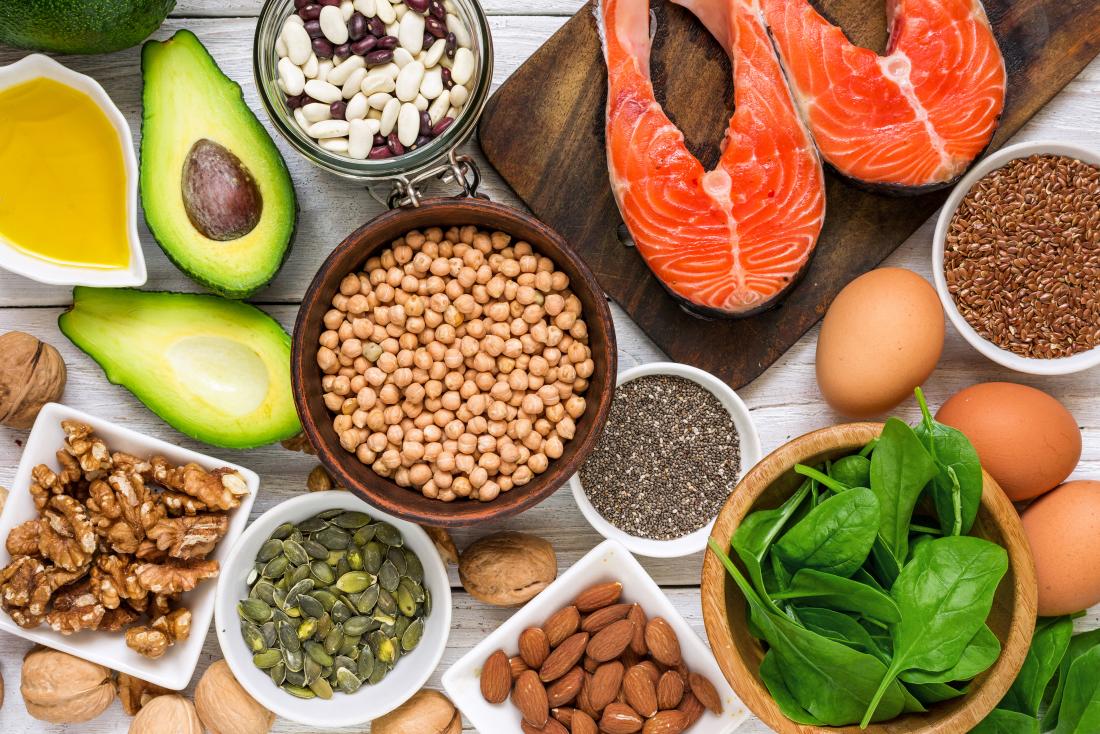Thailand Medical News Feb 18, 2019 6 years, 1 month, 3 weeks, 4 days, 10 hours, 32 minutes ago
Osteoarthritis is the most common of the more than 200 forms of arthritis, affecting over 20 per cent of the population. Unfortunately, there are currently no effective treatments or approved drugs for this disabling condition, which causes the joints to become painful and stiff. Some new drugs are in the pipeline, but it will be years before they are tested in clinical trials and approved by regulators.
Many people with osteoarthritis take a bewildering variety of dietary supplements, the favourites being glucosamine and chondroitin sulphate, but the evidence doesn’t actually support their use. However, we are happy to report that our recent review of published evidence shows that eating the right foods, combined with moderate low-impact exercise, can benefit people with osteoarthritis.
Firstly, losing weight and exercising are the most significant things that osteoarthritis patients can do to ease their symptoms. Weight loss reduces the load on the joints and lowers the level of inflammation in the body, reducing arthritis pain.
Exercise helps you to lose weight while keeping your muscles strong, which helps protect the joints and makes it easier to move around. So overweight and obese people with osteoarthritis should find ways to lose weight that include exercise aimed at increasing their muscle strength and enhancing their mobility.
Eating certain foods can also help improve patients’ symptoms and reduce their daily joint pain. Evidence shows eating more oily fish, such as salmon, mackerel and sardines, can improve pain and function in arthritis. This is because the long-chain omega-3 fatty acids they contain reduce the amount of inflammatory substances the body produces. Fish oil supplements of 1.5g per day may also help.
But eating fish oils alone may not be enough. It is also important to reduce the long-term consumption of fatty red meats and replace saturated animal fats with vegetable oils, such as olive and rapeseed.
Osteoarthritis patients are more likely to have raised blood cholesterol, so eating in a way that reduces blood cholesterol can help, as well as improving general cardiovascular health. Reducing the amount of saturated fat you eat and increasing the amount of oats and other soluble fibres will help to reduce cholesterol.
Other specific ways to reduce blood cholesterol include eating 30g a day of nuts, 25g a day of soy protein from tofu, soy milk or soy beans, and eating 2g a day of substances called stanols and sterols. These are found in small amounts in plants but the easiest way to consume them is in fortified drinks, spreads and yoghurts that have these substances added to them.
Osteoarthritis occurs when the joints become inflamed by increased amounts of oxygen-containing reactive chemicals in the body. This means that eating more antioxidants, which can neutralise these chemicals, should protect the joints.
Vitamins A, C and E are potent antioxidants and you should make sure you get the guideline amounts of them to maintain healthy connective tissues throughout the body. However, the evidence that they improve osteoarthritis symptoms is debatable.
Vitamin A is abundant in carrots, curly kale and sweet potato. Fresh fruits and green vegetables are rich in vitamin C, especially citrus fruits, red and green peppers and blackcurrants. Nuts and seeds are a great dietary source of vitamin E and oils derived from sunflower seeds are rich in
vitamin E.
Evidence suggests that increasing the intake of vitamin K sources, such as kale, spinach, broccoli and brussels sprouts, may also benefit people with osteoarthritis. We also know vitamin D, which your body makes when exposed to sunlight, is
important for bone health and many people don’t produce enough.
But more evidence is needed before vitamin D supplements can be recommended for osteoarthritis patients.
Though several popular diet books on arthritis advocate avoiding certain foods, there is no clinical evidence that this benefits osteoarthritis patients.
